Moving to a new country always brings a mix of excitement and apprehension. For those relocating to Cambodia, a land of rich history, stunning landscapes, and vibrant culture, the experience can be both exhilarating and challenging. Understanding and embracing the cultural differences can make the transition smoother. Take a look at what you might encounter with realestate.com.kh when experiencing culture shock in Cambodia!
Warm and Welcoming People
It’s not anything shocking but one of the first things you'll notice in Cambodia is the warmth and friendliness of the locals. Cambodians are known for their hospitality and genuine kindness. Don't be surprised if strangers go out of their way to help you or if you receive spontaneous invitations to join meals or family gatherings. Building relationships and showing respect for local customs can go a long way in easing your transition.
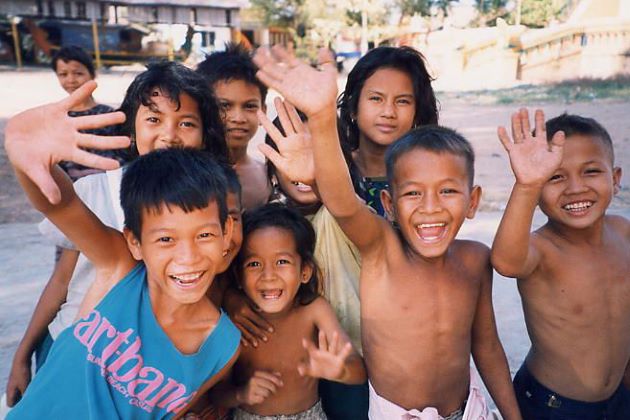
Language Barriers
Khmer, the official language of Cambodia, can be quite different from Western languages. While younger generations and those in urban areas may speak some English, learning basic Khmer phrases can be incredibly helpful and is often appreciated by locals. Understanding common greetings, numbers, and essential phrases can make daily interactions smoother and more enjoyable.
Food and Dining Etiquette
Cambodian cuisine is diverse and flavorful, featuring a variety of dishes such as amok (a type of coconut milk curry), lok lak (stir-fried beef), and a plethora of fresh seafood. However, street food can be an adventure in itself, with exotic offerings like fried insects and unusual fruits. Dining etiquette might also differ; for instance, sharing dishes is common, and it’s polite to leave a small amount of food on your plate to indicate you’re full. There are a ton of options, too. Western, Khmer, Chinese, Korean, Thai etc.
Ps. Our local food is amazing and cheap too!
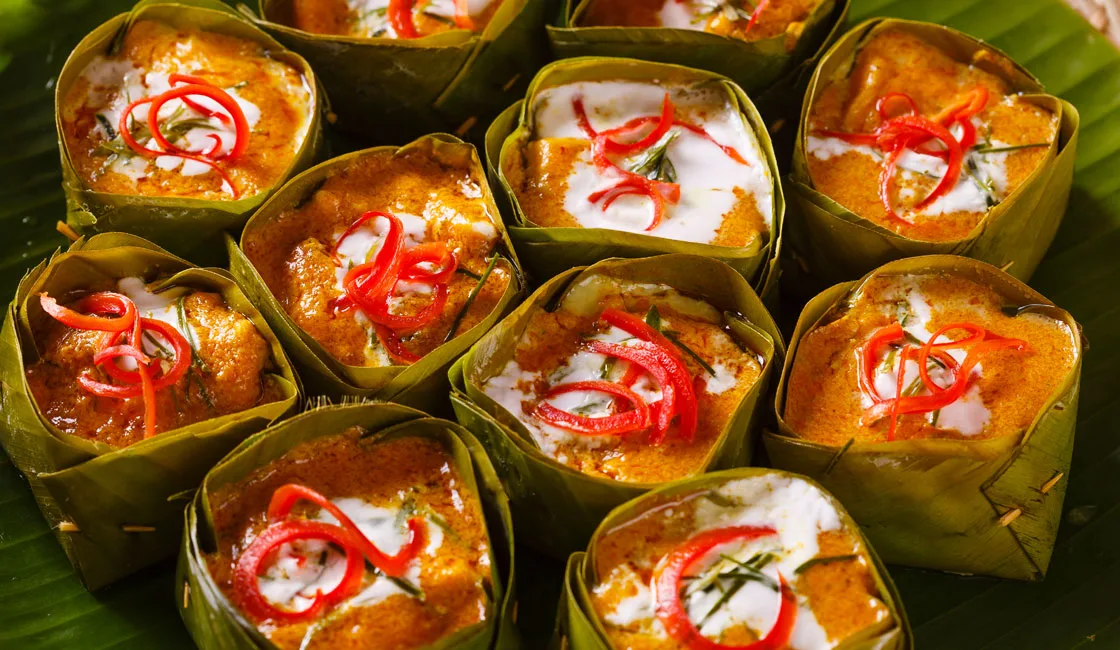
Transportation and Traffic
Traffic in Cambodia, especially in cities like Phnom Penh, can be chaotic but cheap as well! Motorbikes, tuk-tuks, and cars weave in and out with seemingly little regard for traffic rules. As a newcomer, it might be overwhelming at first. It's important to stay cautious as a pedestrian and to familiarize yourself with local driving practices if you plan to drive.
Religion and Customs
Buddhism plays a central role in Cambodian culture, influencing daily life, traditions, and festivals. You’ll see numerous pagodas and monks in saffron robes. When visiting temples, it’s essential to dress modestly, removing shoes and hats, and showing respect to monks and religious artifacts. Participating in or observing local festivals like Khmer New Year can provide deep insights into the cultural fabric of Cambodia.
Social Norms and Behavior
Social interactions in Cambodia can be more formal compared to Western norms. Addressing people with a polite greeting, such as the traditional greeting by placing palms together in a prayer-like gesture, is customary.
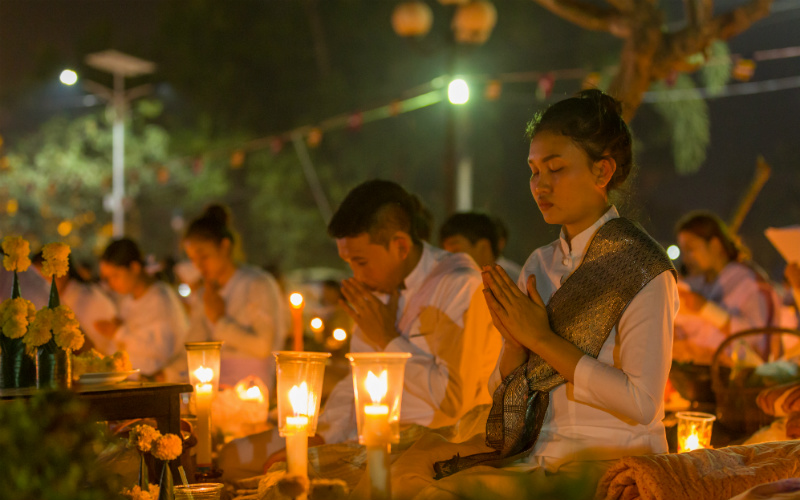
Public displays of affection are generally frowned upon, and it’s important to be mindful of body language; for instance, pointing with the feet is considered impolite.
Economic and Living Conditions
While Cambodia is developing rapidly, the economic disparities can be stark. Urban areas might offer modern conveniences, but rural regions often lack basic infrastructure. Expats may find the cost of living relatively low, but adapting to different standards of healthcare, education, and housing can be a significant adjustment.
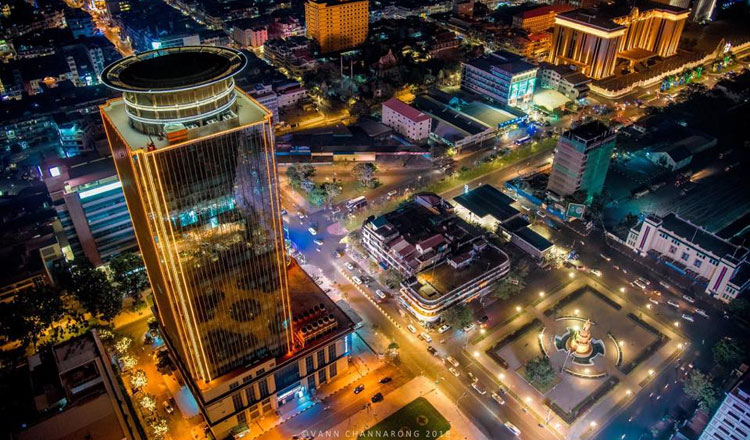
The Role of Family and Community
Family and community are at the heart of Cambodian society. Extended families often live together, and there is a strong sense of communal support. As an expat, getting involved in community activities and showing respect for family values can help you integrate more smoothly.
Overcoming Culture Shock
Adjusting to life in Cambodia takes time and an open mind. Here are some tips to help you navigate culture shock:
- Learn the Language: Even a basic understanding of Khmer can enhance your interactions and show respect for the local culture.
- Be Patient and Open-Minded: Embrace the differences and view them as learning opportunities.
- Build a Support Network: Connect with other expats and locals who can offer advice and support.
- Participate in Local Activities: Engage in cultural events and traditions to deepen your understanding and appreciation of Cambodian culture.
- Take Care of Yourself: Ensure you have access to familiar comforts and practice self-care to manage stress and homesickness!
Prepare yourself!
Experiencing culture shock in Cambodia is a natural part of the adjustment process. By embracing the local customs, building connections, and maintaining an open mind, you can turn the challenges into enriching experiences. Cambodia’s unique blend of ancient traditions and modern growth offers a captivating journey for those willing to immerse themselves fully in its culture.
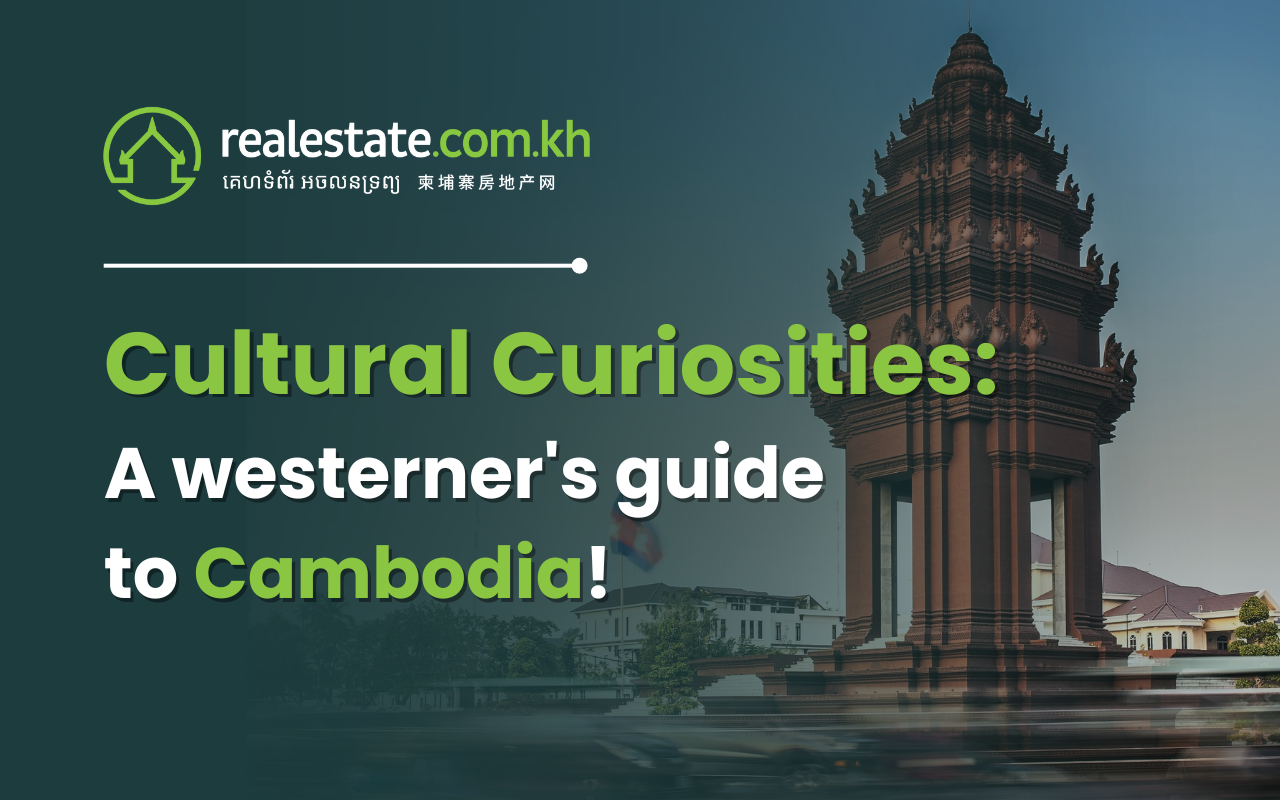



Comments